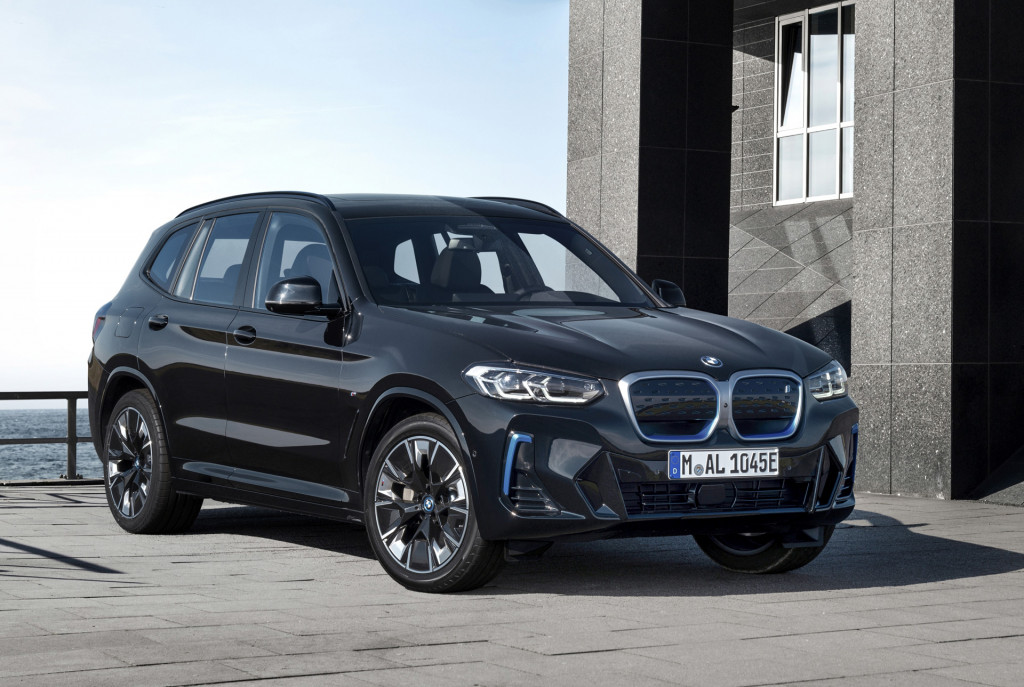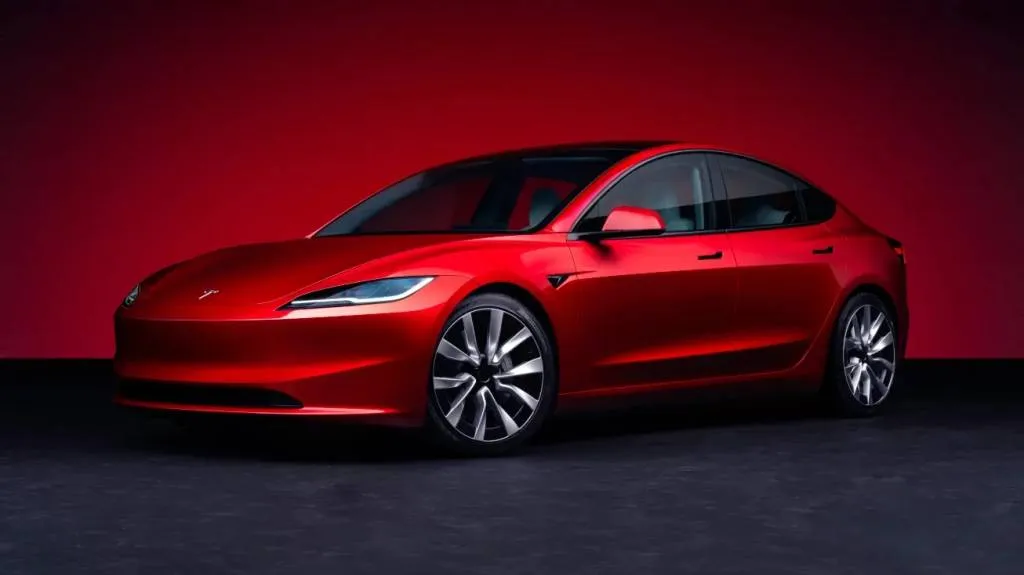France’s revamped EV incentives favor European-made EVs and exclude those from China, a list of qualifying vehicles shows.
Reuters reported Thursday that 65% of EVs sold in France will still qualify for a rebate of up to 7,000 euros (approximately $7,600) under new rules that went into effect Friday. The list includes the Tesla Model Y (European-market versions of which are manufactured in Germany), 24 models from Stellantis, five from Renault, and several BMW and Mercedes-Benz models.
But Bloomberg notes that the China-manufactured BMW iX3 and Dacia Spring (from Renault-owned Romanian brand Dacia) are not on the list. Nor is the MG 4, a strong-selling affordable EV from Chinese automaker SAIC. The Tesla Model 3, which is currently built in both China and the U.S., is also not listed.

2022 BMW iX3
The incentive is dependent partly on the carbon footprint of manufacturing, and Reuters claims that many Chinese EVs are still manufactured with coal-generated electricity. It’s also structured as a variable rebate based on household income, and includes a price cap of 47,000 euros (approximately $51,200).
Europe has been moving at two speeds on EV adoption, and this trend hasn’t much changed over the past several years. France is arguably moving to adopt EVs at a faster rate than poorer European countries.

Tesla Model 3 (Europe-market refresh)
The U.S. has also aimed to emphasize locally produced EVs with its incentive revamp. Biden EV policy—and how it favored American-made content—had the European Union claiming that it violated World Trade Organization rules. U.S. rules were later clarified to include trade partners but exclude “foreign entities of concern,” including China. The U.S. tax credit, within weeks, also becomes a point-of-sale incentive for those eligible for the credit.
In the U.S. and in Europe, an idea that perhaps hasn’t been given enough attention is the matter of retiring older, more polluting vehicles. That’s something the Biden administration originally aimed to include in its policy but didn’t.

